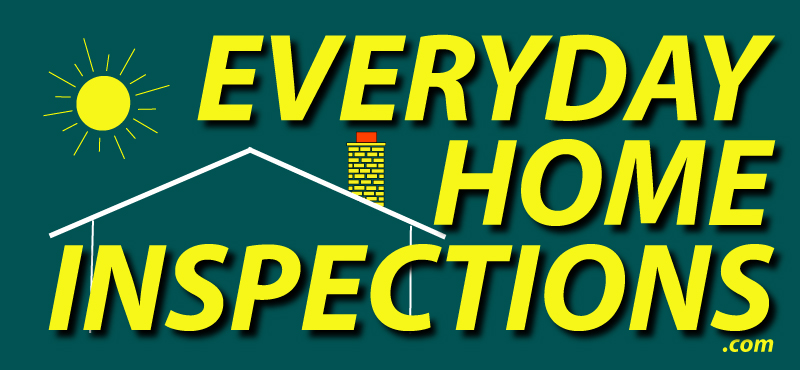 In Maryland, rental properties built before 1978 are subject to lead inspection and remediation requirements to ensure the safety of tenants. The procedures that must be followed by landlords and the requirements set by the Maryland Department of the Environment (MDE) include:
In Maryland, rental properties built before 1978 are subject to lead inspection and remediation requirements to ensure the safety of tenants. The procedures that must be followed by landlords and the requirements set by the Maryland Department of the Environment (MDE) include:
See also, "How to Prepare for the Lead Inspection."
- Initial Inspection: Landlords are required to hire a certified lead inspector to conduct an initial inspection of the rental property. The inspector must be accredited by the MDE and use approved testing methods.
- Notification to Tenant: Landlords must provide written notification to tenants about the potential presence of lead-based paint hazards in the rental unit and provide a copy of the inspection report.

- Tenant Acknowledgment: Tenants are required to sign an acknowledgment form stating that they have received information about lead-based paint hazards and their rights and responsibilities.
- Registration: Landlords must register the rental property with the MDE's Lead Registry and provide all relevant information about the property, including the inspection results.
- Risk Reduction Certificate: If the inspection reveals lead-based paint hazards, landlords must hire a licensed lead abatement contractor to remediate the hazards and obtain a Risk Reduction Certificate (RRC) upon completion.
- Lead Paint Disclosure: Landlords must include a lead paint disclosure statement in the lease or rental agreement, outlining the known presence of lead-based paint hazards in the property.
- Renewal Inspections: Landlords are required to have the property reinspected for lead-based paint hazards every two years and provide the tenants with a copy of the renewed inspection report.
- Certification of Compliance: Landlords must obtain a Certificate of Compliance every year for rental properties with child-occupied facilities, indicating that the property is in compliance with lead-based paint requirements.
- Tenant Education: Landlords are obligated to provide tenants with an educational pamphlet on lead poisoning prevention, as approved by the MDE.
The landlord should also provide documentation, including:
- A copy of the property’s lead inspection certificate, showing it meets safety standards. (click the link to determine if there is a certificate on file for your rental property)
- The Notice of Tenant's Rights, Notice of Tenants Rights (Spanish) which explains your protections under the law.
- A federal brochure, Protect Your Family from Lead in Your Home, which outlines how to recognize and respond to lead hazards.
This is a general overview of the procedures and requirements. Landlords should consult the official guidelines and regulations provided by the Maryland Department of the Environment for detailed information and any updates or changes to the requirements.
